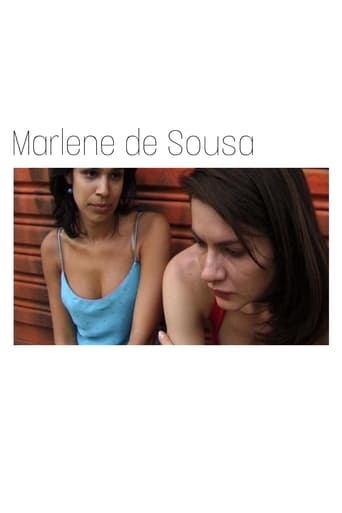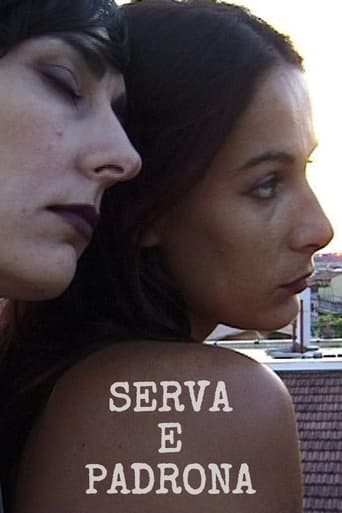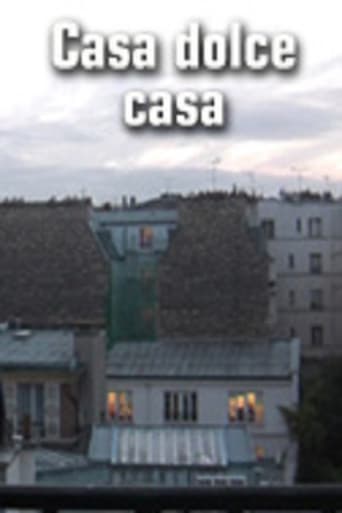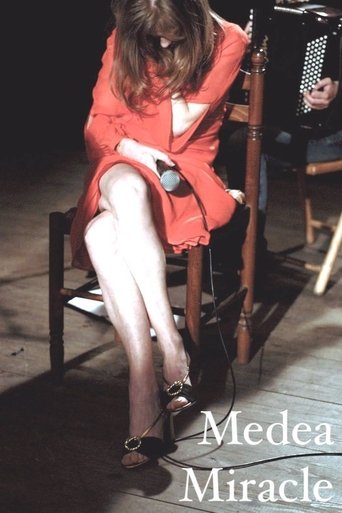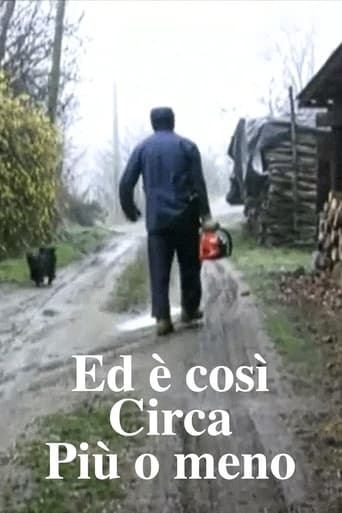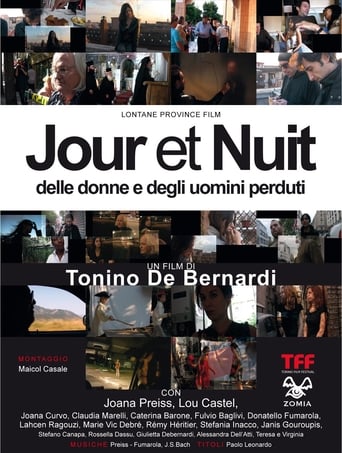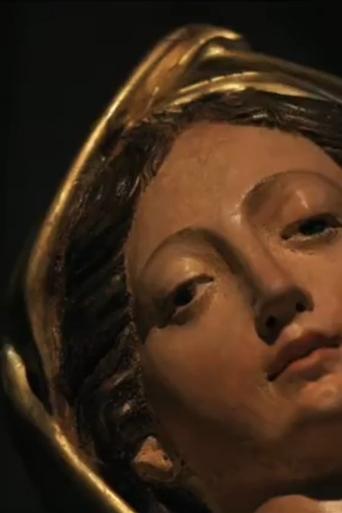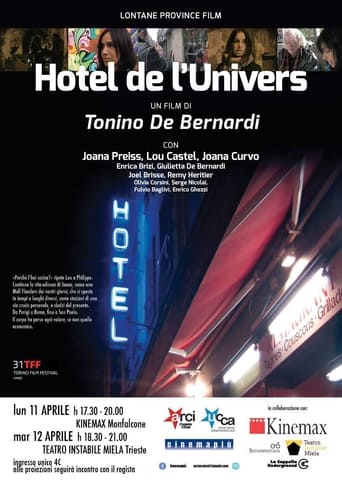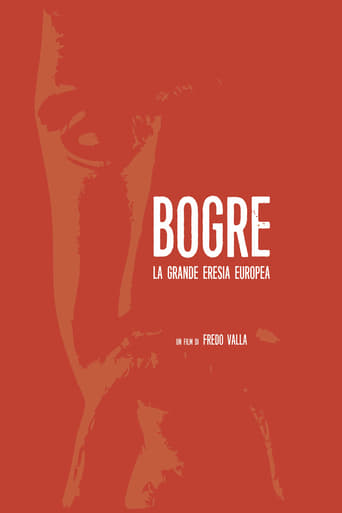Marlene de Sousa 2004
Betty, a famous brasilian 'telenovelas' star, is in search of her twin sister Marlene, who vanished when the kids were four years old (Marlene is now a prostitute). Fragments of other stories, like that of an italian traveller Filippo who left in Italy Giuli, pregnant, and claims to have a split-personality, are inter-twined with the main one
